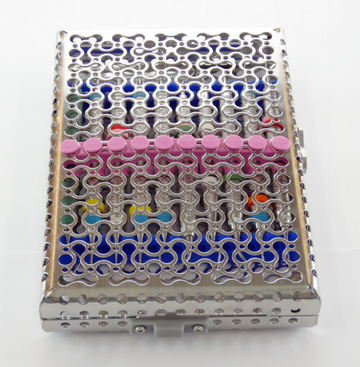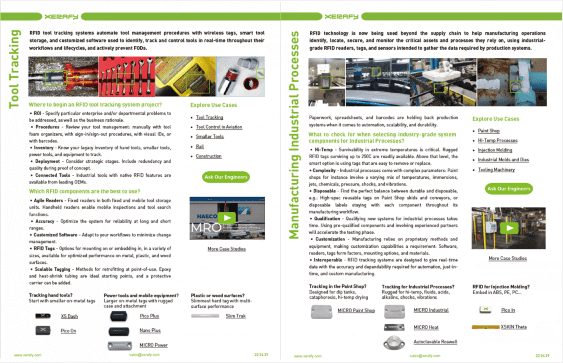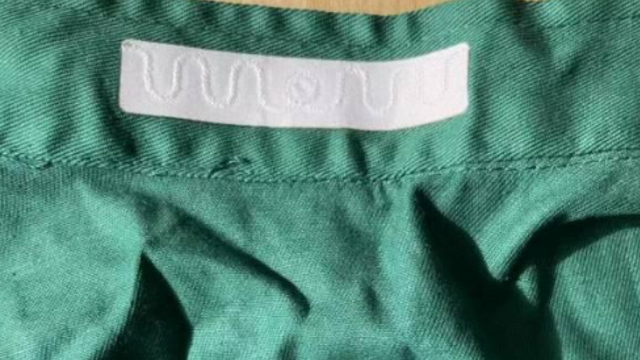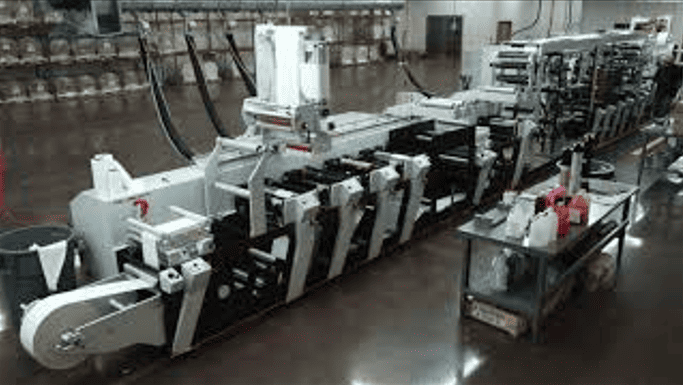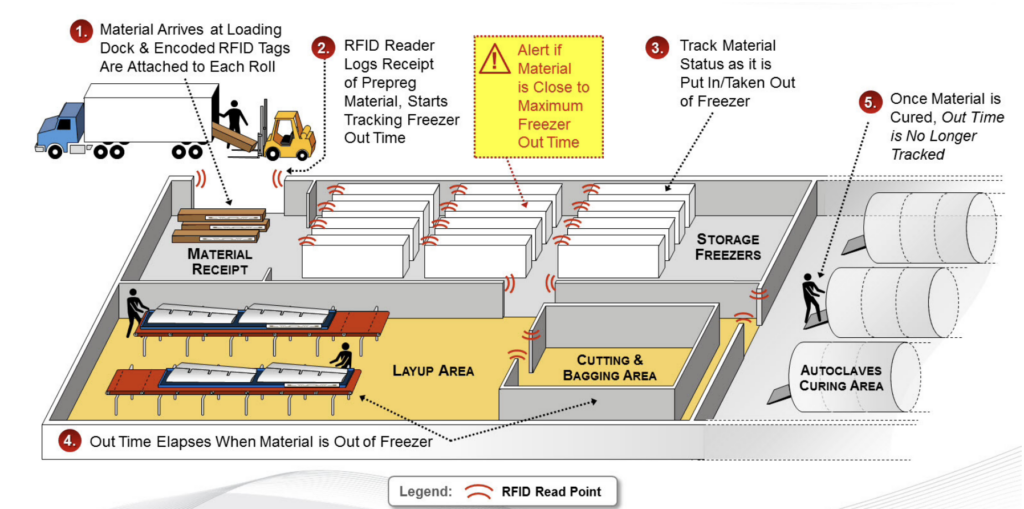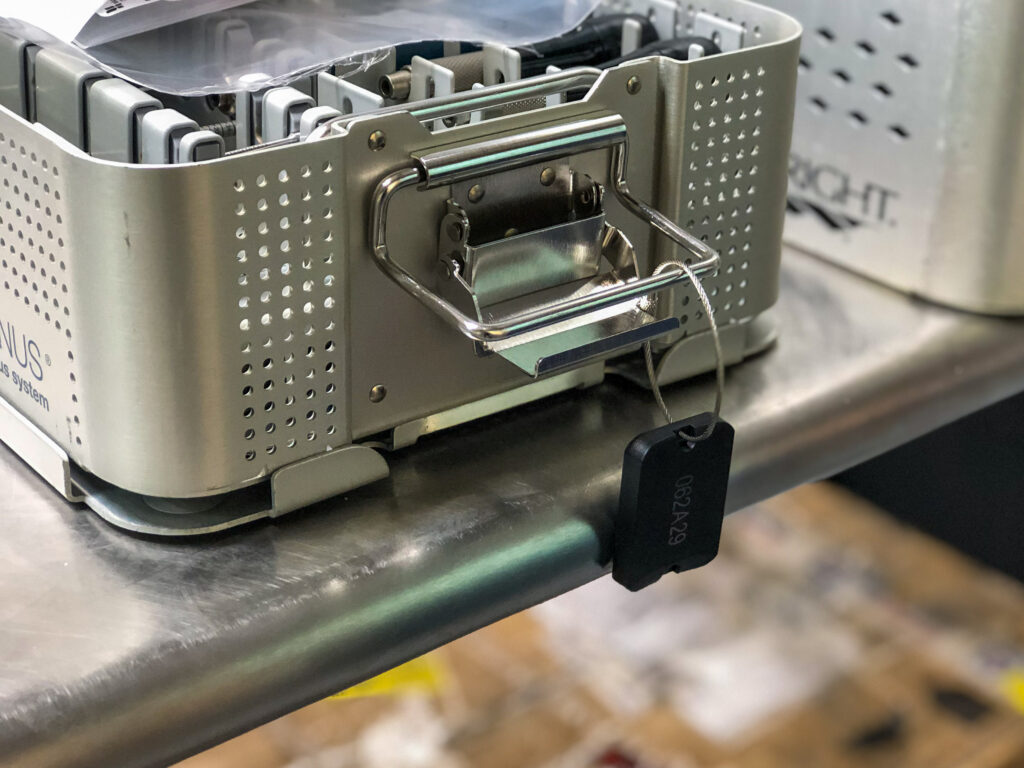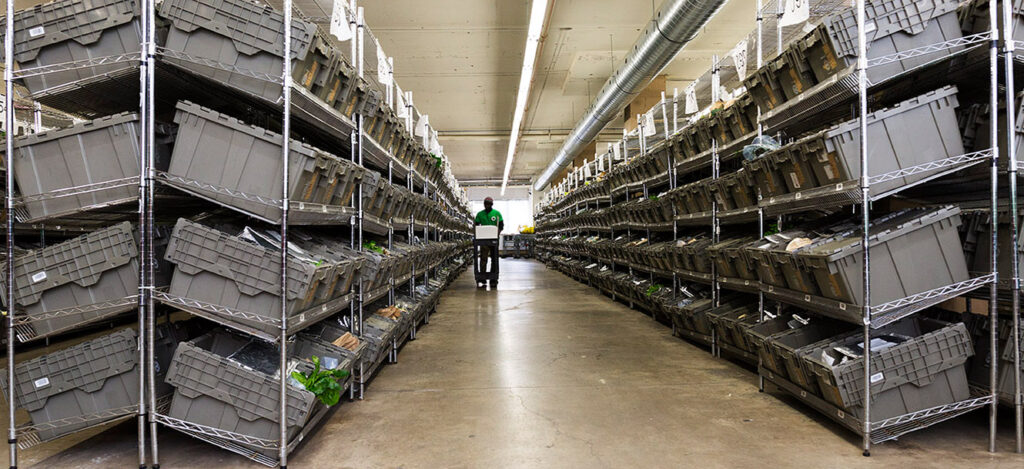The school launched the RFID instrument tracking system project in response to a change in the way it managed dental instruments.
Previously, students purchased their own dental instruments and were responsible for making sure each cassette (or dental instrument set) was complete and properly sterilized. Recently, the college transitioned to school-owned instruments. As a result, CDM needed a way to accurately track the instruments in order to contain costs and manage the sterilization process.
“If you go into any dental school, it’s difficult to prove that an item went through an autoclave. There’s no documentation. You can prove the pouch went through but not the instruments,” says Phil Jennette, assistant director of special projects in IT at Columbia University Medical Center.
“Using RFID we will be able to prove that an item went into an autoclave for a certain amount of time and at a certain temperature.”
Dental instruments are inherently difficult to track because they are small and primarily constructed from steel. Barcoding solutions the school evaluated required too much manual scanning.

RFID could provide real-time tracking of these tools, but the school recognized that it would need a solution that utilized tags that were small enough to be attached to the instruments, but still durable enough to survive the autoclave processes used to sterilize them.
CDM turned to Xerafy’s RFID technology for Healthcare and organized staff preparing as many as 20,000 tagged instruments in use by students.
The school initially piloted the solution with high-value surgical kits. They also closely vetted the quality of the RFID tags used for the solution to ensure that the tags and the adhesives used to attach to the instruments could survive the autoclave process.
Because of the lack of real estate on the surgical instruments, the biggest technical challenge in tagging these tools was finding a tag small enough to not interfere with the function of the instrument but that still provided strong enough performance to create value.
Comprehensive Tracking in Sterile Processing
The RFID solution at Columbia University ensures that all of the instruments are accounted for and available for each procedure, and maintains sterilization data on each instrument and cassette. In the past, students had to keep track of all of this information manually.
Currently, the school has tagged 10,000 dental instruments and nearly 1,700 dental instrument cassettes using a combination of Xerafy XS Dot and Dash tags on the instruments, as well as silicon-encased PICO and Slim TRAK tags for the cassettes.
Using this solution, CDM has been able to maintain custody of the dental cassettes.
Using proximity readers, students scan their ID badges when checking out the kits. RFID readers scan the ID number and link the student information to the specific cassette. The cassette tags are read during check-out. Once the student completes a procedure, the cassettes are returned to central sterilization where every instrument is scanned to verify that the kit is complete before the sterilization process begins. Additional UHF readers at the autoclave unit are used to scan the instruments.
The completed cassettes are then routed back to the specific modules where a second check scan is completed to ensure all of the tools are present. If an instrument is missing or has not been properly sterilized, the reader will alert the staff member and not allow the cassette to be checked into the module.
The school sterilizes 200 to 300 kits daily. Since deploying the RFID solution, the number of missing instruments in the cassettes has decreased. The tracking solution also automatically manages maintenance and sharpening schedules for the instruments.
According to CDM, the Xerafy tags have provided accurate and reliable reads, and the solution has improved inventory optimization, space efficiency, and ensured that every instrument is sterilized before use. Next up, the school plans to use RFID to track kits in its storage areas, and to improve asset utilization. The solution will also be part of the schools’ expanded dental clinic.
With Xerafy’s rugged, autoclavable RFID tags, the Columbia University College of Dental Medicine has established a reliable way to manage dental instruments and improve patient safety by ensuring proper sterilization procedures are followed.

Xerafy is a pioneer in Industrial RFID, bringing to market several innovations that enable advanced industrial identification and automation capabilities.
In addition to a complete range of field-proven RFID tags available off-the-shelf, Xerafy offers Custom RFID Tags services, covering everything from a personalization service bureau to custom-design engineering capabilities.
